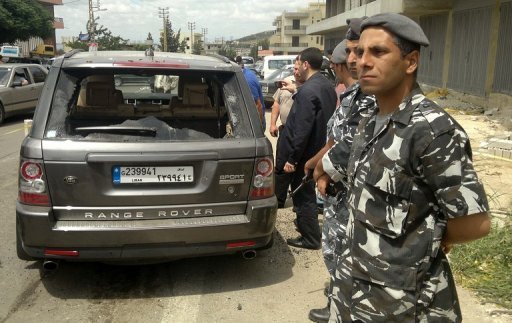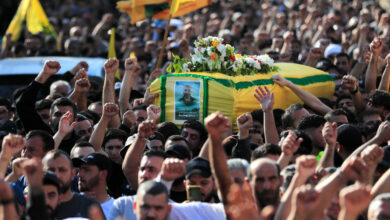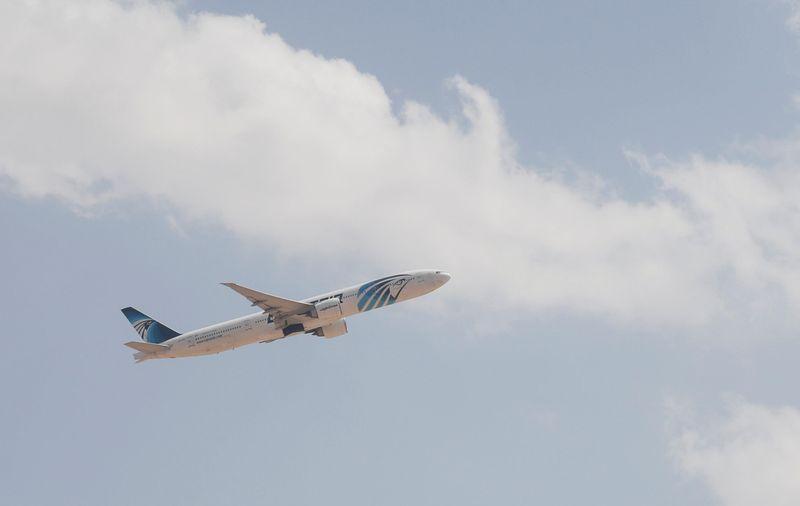
TRIPOLI, Lebanon — Army troops shot dead a Sunni cleric on Sunday when his convoy failed to stop at a checkpoint in north Lebanon, the scene of deadly clashes linked to the uprising in Syria, a security official said.
He told AFP that another religious figure in the car of cleric Ahmad Abdel Wahed, known for his support of the anti-regime uprising in neighboring Syria, was also killed.
Abdel Wahed's convoy failed to stop at a checkpoint in Koueikhat town, in the Akkar region.
The incident took place following a week of intermittent clashes in the northern port city of Tripoli between Sunnis hostile to the Syrian regime and Alawites who support President Bashar al-Assad.
The clashes in Lebanon's second largest city left 10 people dead.
Prime Minister Najib Mikati appealed for calm in the wake of the cleric's killing, as the army said it "deplored … the regrettable incident that took place near a checkpoint" and that it had opened an investigation.
Local residents set fire to tires to cut off several roads in northern Lebanon in protest, including a road leading to Syria.
"We will not allow ourselves to be targeted like this," warned Khaled al-Daher, a Sunni MP and member of the anti-Assad opposition in Lebanon, accusing the army of "targeting" the cleric.
Daher also called on television for the fall of the Lebanese government, branding it "a collaborator government for Syria and Iran."
However, Lebanese opposition chief Saad al-Hariri called on "residents of Akkar to remain calm, and not to fall into the trap of igniting sectarian tensions."
Hariri's 14 March movement will push to ensure that those who killed the cleric "and those who ordered the killing" are held accountable, he said in a statement.
Some Lebanese Sunnis have accused the Lebanese army of toeing the Syrian regime's line.
Following the clashes in Tripoli, Mikati expressed concern that the Syrian crisis may spill over into Lebanon, where tensions have been exacerbated by the 15-month revolt.
Lebanese politics is divided into pro- and anti-Damascus camps.




